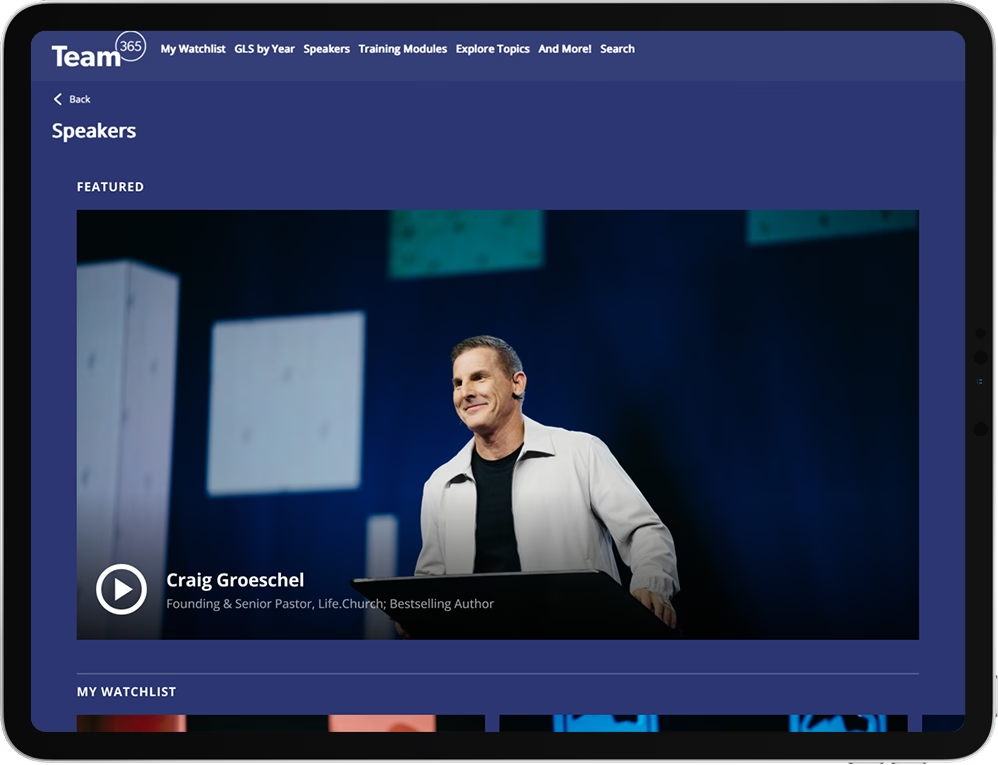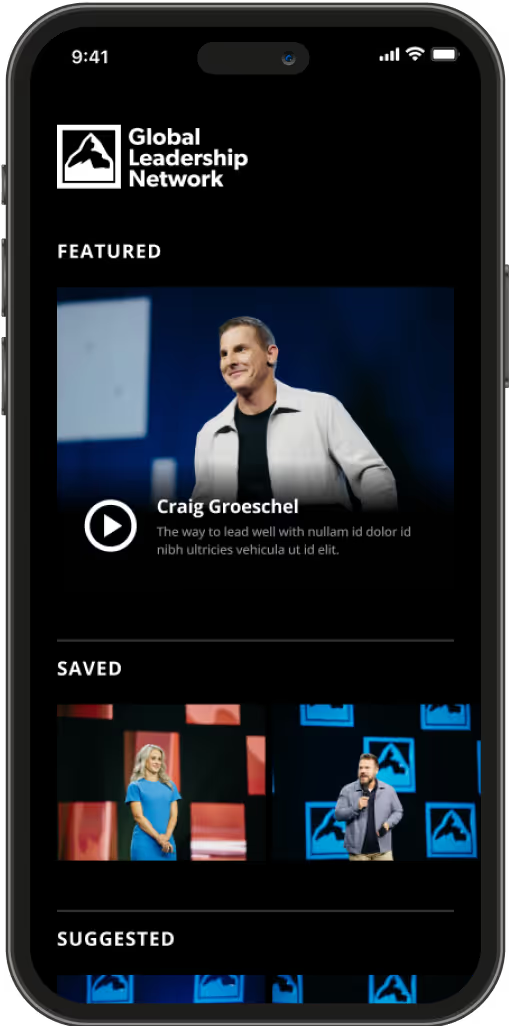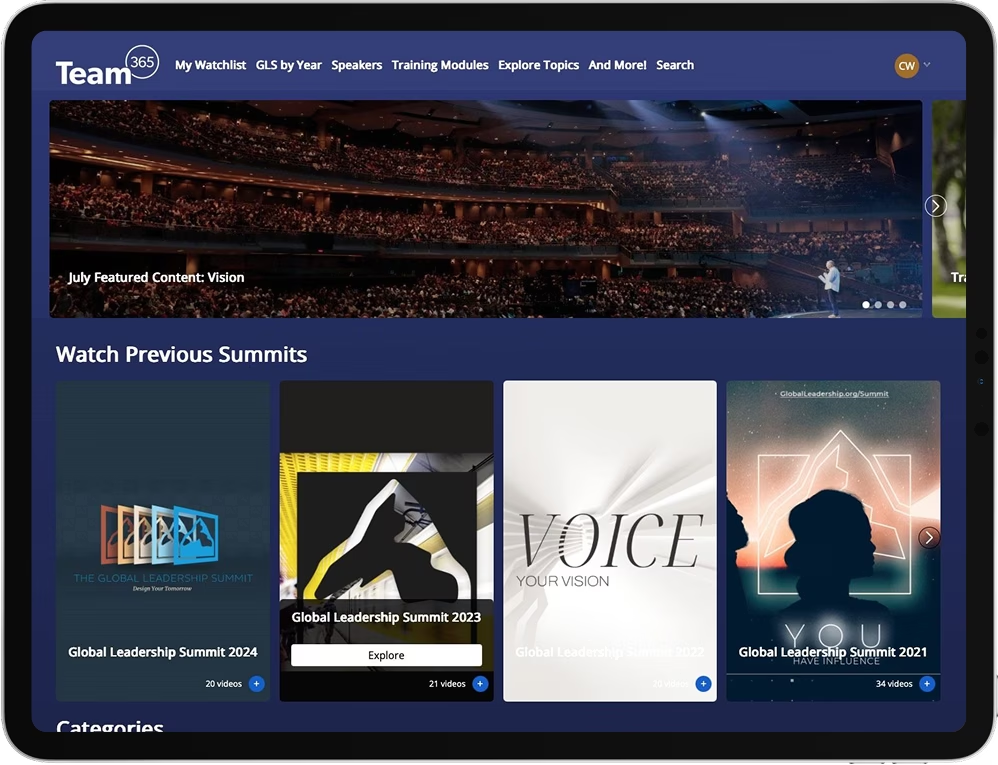If you believe that you’re a responsible and loving person, it’s easy to assume that other people think like you.
You think that they care about other people and how their actions affect those people. Since you have a concern about how what you do affects others, then it makes sense that everyone else is just like you, right?
The truth is that not many people take responsibility for themselves or care about how their actions are affecting other people or the mission. Moreover, some are even worse than that, and they’re actually out to do you harm. If you don’t want to accept this reality, then you’re going to waste time, money, energy and resources on people who will either squander or destroy it.
There are three types of people in the world, or rather, three styles of behavior that a person can exhibit in a particular time or context. Depending on whether you’re a psychiatrist, employer, a spouse or a judge, there are different ways of describing these categories. They all use different words, but the same categories clearly emerge in people’s behavior.
The Wise Person
Wise doesn’t mean smartest, brightest or most talented. While wisdom may coexist with these traits, having wisdom means many things. It comes from experience, and to let experience do its work, a person has to be open to receiving the lessons that it has to teach. The person who ultimately does well is the one who can learn from his own experience or the experience of others, make that learning a part of himself and then deliver results from that experience base.
But the bottom line with a wise person is that they’re open to feedback. It helps the wise, and they value it. If a person is willing to take feedback, you will likely get your return on investment.
The Foolish Person
If the chief descriptor of the wise person is that when the light shows up, he looks at it, receives it, joins it and adjusts his behavior to align with the light, the fool does the opposite: he rejects the feedback, resists it, explains it away and does nothing to adjust to meet its requirements. He’s never wrong: someone else is.
Whereas talking about a problem to a wise person helps, it is time to quit talking about the problem with a foolish person and time to have a different conversation. You have to take steps to protect what is important to you, the mission or other people. Give limits that stop the collateral damage of their refusal to change, and where appropriate, give consequences that will cause them to feel the pain of their choice not to listen.
The Evil Person
When you deal with an evil person, you have to go into protection mode, not helping mode, and it’s a big step to realize that there are people who hurt you because they want to. There are some people whose desire is to hurt others and, you have to protect yourself with lawyers, guns and money. You’ll see what I mean.
Do not hope for the evil person to change. Stay away, create the firmest protective ending that you can, and get real help to do it. Use your lawyers, law enforcement (this is the guns part), and your financial resources to make sure you will not be hurt by someone who is trying to destroy you or the things that matter to you.
You should:
1) talk to wise people about problems
2) talk to fools about consequences
3) not talk to evil people at all, period
Making people decisions isn’t something that should ever be taken lightly, and it’s crucial to have good criteria for deciding whether or not to pursue relationships with them.
You cannot deal with all people in the same way, but once you learn the character traits that give real reason to hope that they can be different, you can know better whom you want to invite into your tomorrow.
Dr. Henry Cloud discusses this concept in more depth in an episode of The GLS Podcast. To listen, to watch, and access more resources go to glspodcast.com.
Related

All Lions and No Gazelles: How a Lack of Diversity Can Collapse a Team (And What to Do About It)

5 Emergency Preparedness Tips to Lead Through Crisis

Accountability in Love & Leadership—GLS22 Faculty Spotlight
.jpg)
Leading the Spark: 5 Books on the Intersection of Creativity and Leadership

“Thank You for Seeing Us as People”: Leadership and Hope Inside Graham Correctional Center

The Tech CEO who sold his home to live with the formerly homeless
Leadership That Lasts
Team365 isn’t just a platform. It’s a commitment to grow, lead and live with purpose — every single day. Whether you’re here for content, community or clarity, you’re in the right place. Your leadership matters. Let’s keep going.





